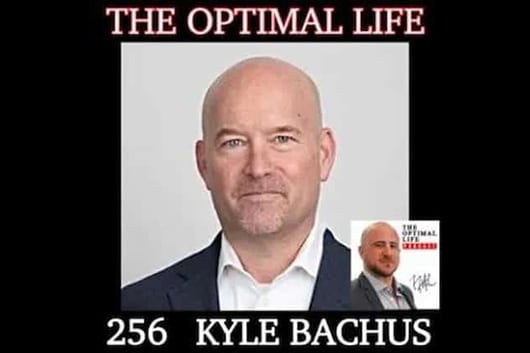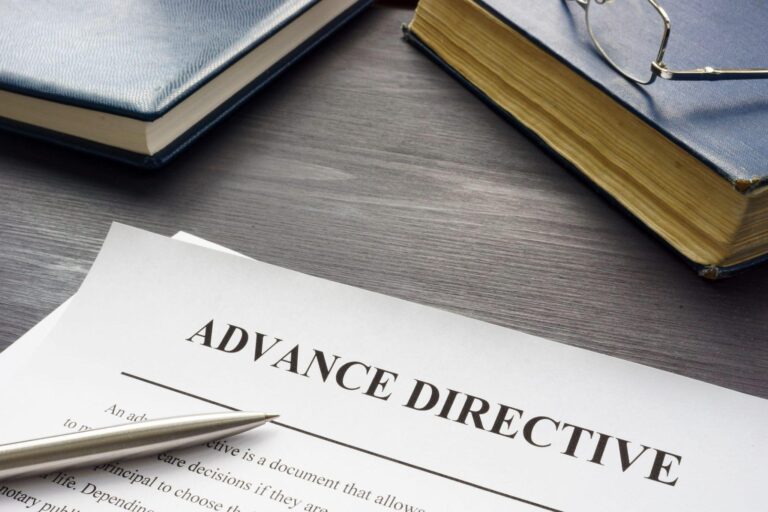What If My Injury Causes a Permanent Disability?
Unfortunately, some injuries result in permanent disability, which can be devastating for victims and their families. When that occurs, you need to know your rights. What does the law have to say about permanent disability? What benefits can you receive when you’re completely unable to work? How can you support your family and your medical needs? Our Colorado catastrophic injury attorneys explain.
Personal Injury and Permanent Disability
If you were in an accident and your injury causes permanent disability, you may receive compensation through any of the following sources:
- Workers’ compensation
- Personal injury claim
- Social Security Disability Insurance (SSDI)
- Supplemental Security Income (SSI)
- Private insurance programs
Permanent Disability if You’re Not Injured at Work
If you’re permanently disabled because of an injury that does NOT occur at work, you have multiple avenues to claim compensation. These options include a personal injury claim, government disability programs (SSDI or SSI) and private insurance programs.
A personal injury claim demands compensation from the party responsible for the accident. The victim may collect payment for a range of damages, including lost income. In order to receive compensation, the claim must meet legal standards for a personal injury tort. When an injury involves dangerous conditions on a property, there may be an insurance company involved to pay on behalf of the insured.
Whether or not the victim receives payment through a personal injury claim, they may file for government payments through the Social Security Disability Insurance or Supplemental Security Income programs. These programs have their own qualification requirements and payment schedules. Also, if a victim has their own private insurance policy, they may make a claim under the terms that apply to the policy.
Permanent Disability if You’re Injured at Work
A work-related injury may qualify for workers’ compensation payments and any of the compensation avenues available to victims who are not injured at work. Permanent disability payments are available through the workers’ compensation system. The amount and duration of pay depend on whether the disability is partial or complete.
Through the workers’ compensation system, disability payments are made strictly for loss of use along with lost income as appropriate. Pain and suffering is not a consideration, although it may be possible to recoup pain and suffering if the case also qualifies for a personal injury claim. If a person can never return to work, permanent and total disability payments may continue indefinitely. To qualify, the person must show that they are unable to engage in substantial gainful activity. They can meet the standard based on a specific injury or based on a combination of injuries that add up to total disability.
What To Know About Permanent Disability From a Work-Related Injury
If a work-related injury causes permanent disability at work, the victim needs to know:
- They can expect to receive a scheduled award for permanent loss of a body part, like arms, legs, eyes and ears.
- Scheduled payments continue for a set number of weeks.
- For partial disability, the number of weeks of payment is reduced by the percentage of disability according to a permanent disability rating chart (If a typical payment is 40 weeks, and the victim has an 80% disability rating, they receive payments for 32 weeks).
- Scheduled loss payments are a prescribed amount that is not based on pre-injury earnings.
- The victim should begin receiving checks about two weeks after being labeled permanently disabled.
- Non-scheduled injuries (back, neck, internal organs) that cause whole-person disability are compensated based on an age factor and impairment rating (Colorado Revised Statute 8-42-1071).
- Pay may be available for disfigurement (Colorado Revised Statute 8-42-1082).
How Long Do Permanent and Total Disability Payments Last?
Permanent and total disability payments last indefinitely. Workers’ compensation payments may continue throughout a person’s life if they are truly unable to return to work. Even disability payments may last until they convert to Social Security retirement pay.
Within the disability system, even a person who has no expectation of medical improvement has a case review every 5-7 years. If some recovery is likely or possible, these reviews are more frequent. However, as long as the permanent and total disability continues, a person can expect to continue to receive their workers’ compensation or disability program payments with disability payments converting to social security upon reaching retirement age.
Can I Get SSDI if I Get Workers’ Comp?
Yes, you can get SSDI if you get workers’ comp. The qualifications for the two programs are different. SSDI has work credit requirements while workers’ comp requires an on-the-job injury. In fact, SSDI is a federal program while the states generally administer their own workers’ comp programs. However, there is typically a limit to how much you can receive in total between the two systems.
Will Personal Injury Compensation Impact My SSDI Benefits?
No, personal injury compensation does not impact SSDI benefits. The SSDI program is seen as an entitlement program – you qualify for it based on your work credits and the impact of your disability on your means of earning a living. You may generally continue to collect SSDI or even file a new claim for SSDI despite receiving personal injury compensation. However, it may impact your ability to receive SSI benefits.
Will Personal Injury Compensation Impact My SSI Benefits?
Yes, personal injury compensation may impact SSI benefits. SSI payments are means-tested. In other words, if your assets are above a certain set amount, you may no longer qualify. Personal injury compensation may put you over the asset threshold to claim payments through the SSI program. However, it may be possible to organize your settlement or take part in a spend-down that can help you receive the relief you need while maintaining your eligibility to participate in this program.
Understanding Total Permanent Disability
When you have a total permanent disability, you need to know that there are multiple avenues, claims, and programs that may provide financial relief. They all have slightly different qualifications, deadlines and amounts that they pay. Participating in one program may or may not change your eligibility and pay through another program.
Our personal injury attorneys help clients understand these programs and assert their rights. If you’re wondering how to apply for permanent disability, we can help. Let us walk you through all the compensation programs that may be available and appropriate to help you. Our team of professionals knows how these systems work, and we can put our training and determination to work for you. Contact us today for a free case evaluation.





